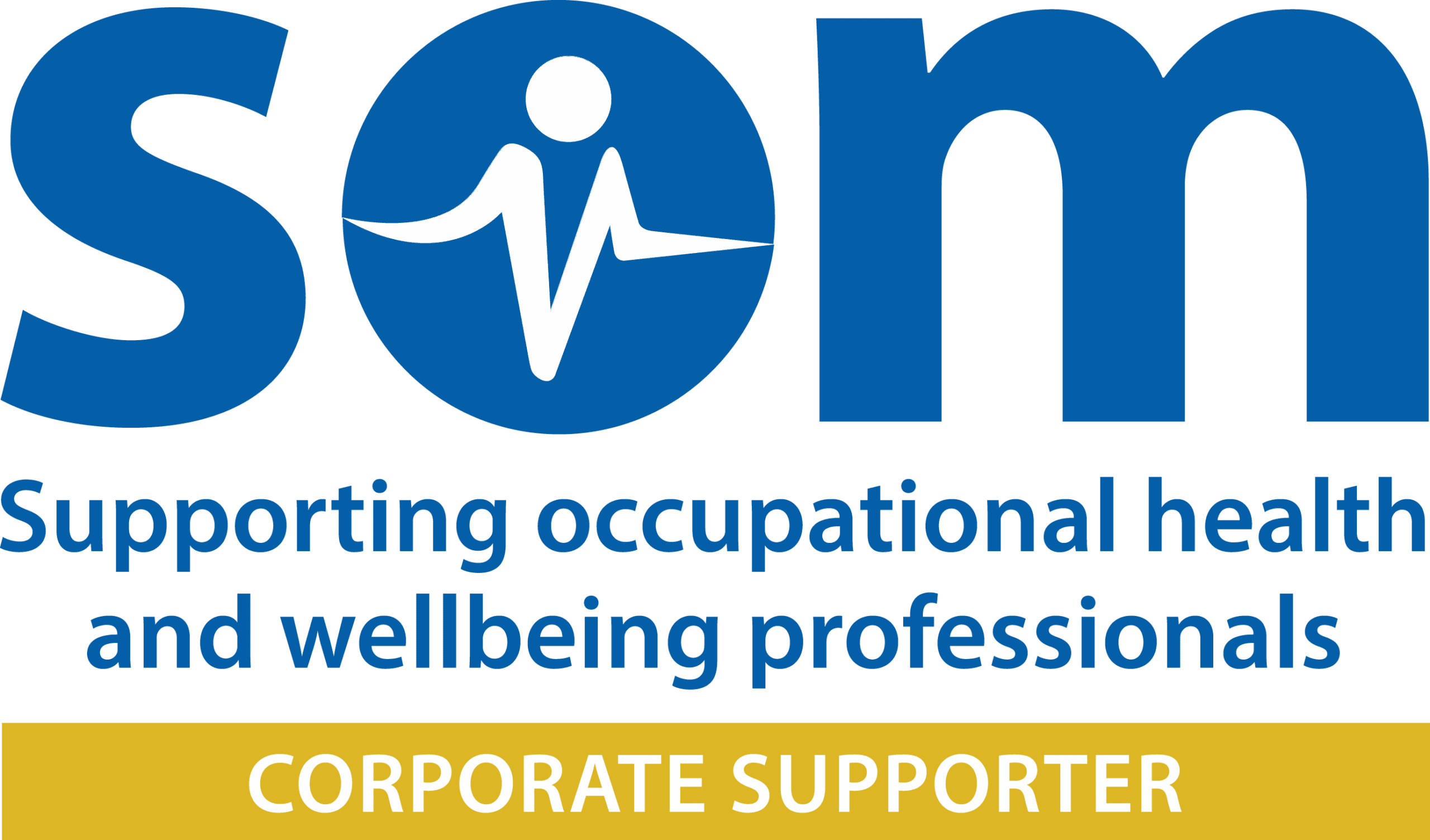What does “unfit for work” actually mean?
When an OH practitioner deems someone unfit for work, it means that – based on their current health condition – they are unable to safely or effectively perform their role. This might be:
- Short-term unfitness – for example, following surgery, serious illness, or mental health difficulties.
- Long-term unfitness – where the employee is unlikely to return to their role within a reasonable timeframe.
It does not necessarily mean they are unfit for any work forever.
What happens next?
1. Review the OH recommendations
The OH report should outline clear advice: whether adjustments could help, an expected recovery timeline, or whether redeployment should be considered. HR should treat this advice as guidance to inform decision-making.
2. Discuss with the employee
Open communication is vital. Arrange a meeting to go through the OH findings, listen to the employee’s perspective, and explore potential solutions.
3. Consider reasonable adjustments
Under the Equality Act 2010, if the employee has a health condition classed as a disability, employers have a duty to consider reasonable adjustments. These might include:
- Reduced hours or phased return
- Flexible working
- Adapted duties or equipment
4. Evaluate alternative roles
If adjustments cannot enable the employee to return to their existing role, redeployment into a different position within the organisation may be appropriate.
5. Capability or ill-health dismissal (last resort)
If all options have been explored and the employee remains unfit for work, you may need to consider an ill-health capability dismissal. This should only happen after:
- Taking medical advice
- Consulting with the employee
- Exploring all adjustments and redeployment possibilities
- Following a fair, transparent process
Key considerations for HR
- Legal risk: Failing to follow proper process could lead to claims of unfair dismissal or discrimination.
- Compassionate handling: Even where dismissal is unavoidable, sensitive communication can make a huge difference to the employee’s experience.
- Documentation: Keep a clear paper trail of all meetings, advice, and adjustments considered.
So how should HR respond when occupational health finds an employee unfit for work?
When OH finds an employee unfit for work, it doesn’t have to mean the end of their employment. For HR departments, it’s about balancing organisational needs with legal obligations and, most importantly, treating the employee with empathy and fairness.
Handled correctly, you can protect both the business and the wellbeing of your people.







I always find something new and useful here.
Fantastic job!